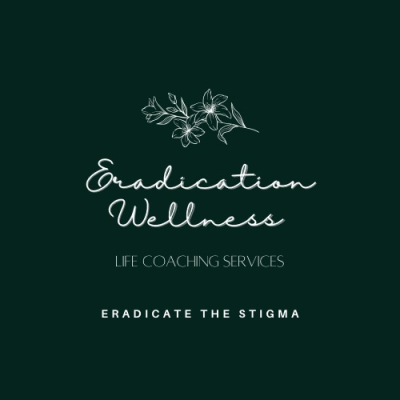Have you ever wondered why some people keep going back to the same abusive relationship over and over again? That’s likely due to trauma bonds. It could be a myriad of other things, but I’m going to break this down slowly (hopefully!). Trauma bonds are emotional attachments between an abuser and the victim[1]. A great example of this type of concept is the relationship between Harley Quinn and Joker. Her backstory is that she was a psychologist (or psychiatrist), practicing on Joker which sparked a romance between them. She was super smart; however, she was still manipulated into changing her whole persona because she was hooked on the idea that he loved her. As we know, likely from relationships we have experienced or observed from loved ones’ relationships, the relationship usually starts out on a high note. Things usually seem normal, but it doesn’t take long for things to change.
An article[1] discussing trauma bonds dives into the connection between sex trafficking survivors and traffickers and how it shows increasingly negative outcomes. For the sake of explaining, I am going to note, now, that trauma bonds happen even in the most normal-seeming relationships. In these relationships, there is abuse, control, and dependency usually from both ways. The abuser needs the victim in order to feel strong and powerful (masking their ego) while the victim is fed false promises of love, admiration, and gratitude from the abuser. In these situations, the abusers are using dependent emotions to manipulate the victims, knowing that if they keep giving a little happiness here and there then the victim won’t want to leave. When the victim begins to realize how miserable they are and start trying to leave, the abuser will attempt to convince the victim that they won’t survive without them. They will use fear to bully the victim into staying because they’ve developed these emotional bonds with the abuser. Clearly, this type of trauma manipulates others to feel subservient or required to stay with the abuser out of general fear or just the fear of failure.
Trauma bonding is a form of survival for victims. Anyone who has been in a toxic relationship might admit that they stayed far too long due to fear for their life, fear of failure, fear of unsalvagable reputation, or just plain general fear. A victim might hear quotes like “How are you going to survive without me?” or “Who’s going to buy [insert addiction here] for you?” as well as all the fake promises in the world. In the grooming stages, the abuser may introduce the victim to recreational narcotics (usually uncharacteristic of the victim, but even avid addicts are targets), and that is used as leverage in some way.
It’s important to acknowledge that this can apply to normal relationships as well. Toxic parents will also do things like this to manipulate their children into doing their bidding. They might love-bomb you with gifts to “love them more”. Boom, trauma bond. As children, we want to feel loved by our parents, but some parents’ love comes with conditions and that is choosing them over the others (sometimes). Or, likely an unpopular opinion depending on where you live, but employers who use their authority unethically… but then start being a little nicer once they realize people are leaving – only to bring back the same unethical behavior once employees started getting comfortable. Trauma bonded. It’s even worse as an employee because people need to work to survive. Most of the population lives paycheck to paycheck, and when employers dangle someone’s job over their head – for literally no reason other than to have a power trip – that causes a whole new mess of trauma. Or, getting used for your work performance – being purposely passed up for a promotion with the reason being “your stats are too good to move you up, your stats are going to open more doors for the site by keeping you here”. It sounds a little like a backhanded compliment because everything said was for the benefit of the business, not the employee.
So, how can we help?
First, be supportive and understanding. If you see that your friend is stuck in an unhealthy relationship, it’s best to just reach out and show them that they have your support. Be there for them if they need a safe place, and be real with them about what you see.
Help them get help. Show them helpful resources, take them to get help, and get involved with actually helping them get on their feed. You can recommend these resources!
Do not shame them for always going back to the same relationship. Level with them, be honest about how it looks and what you’ve noticed and felt.
Check for emotional support, provide it to them, or connect them to a place that can help them learn healthy emotional support[2].
If you or a loved one find yourself in a toxic relationship, you are not alone and there are people who want to help you. Make sure to check out our resources, our support group, and the life coaching services! Of course, if you or a loved one are in any emergency, call your local emergency number. If you are in a mental health emergency, call or text 988!
[1]Casassa, K., Knight, L., & Mengo, C. (2022). Trauma bonding perspectives from service providers and survivors of sex trafficking: A scoping review. Trauma, Violence, & Abuse, 23(3), 969-984. https://doi.org/10.1177/1524838020985542
[2]Jennings, P. A. (2019). Teaching in a trauma-sensitive classroom: What educators can do to support students. American Educator, 43(2), 12-17. https://files.eric.ed.gov/fulltextEJ1218755.pdf
